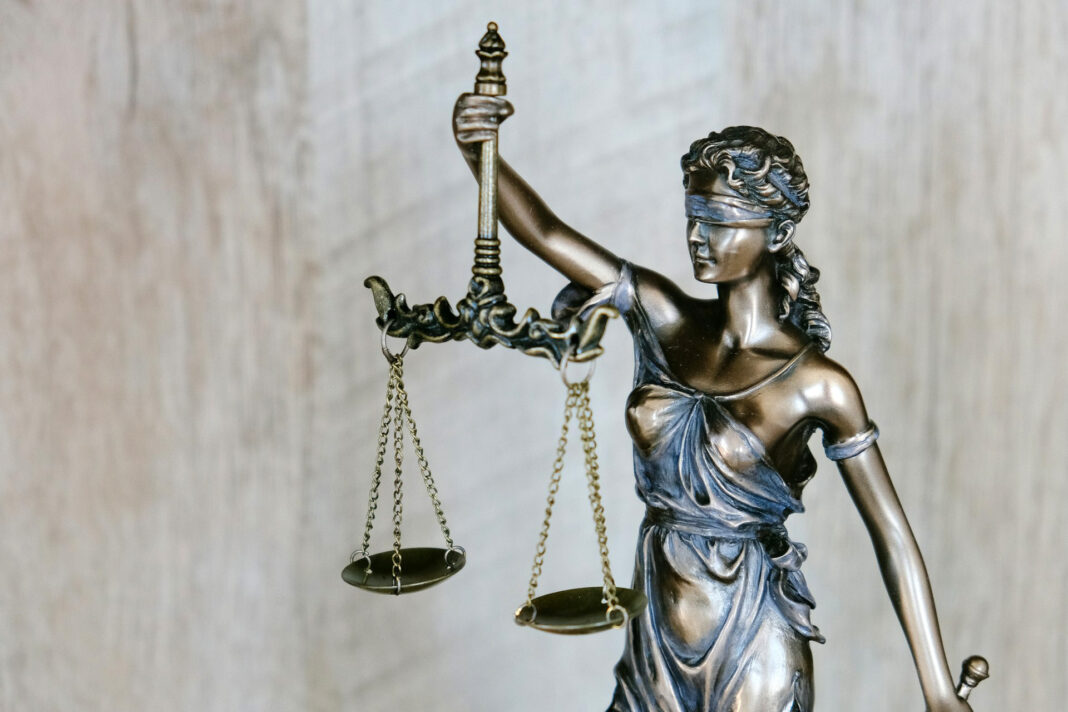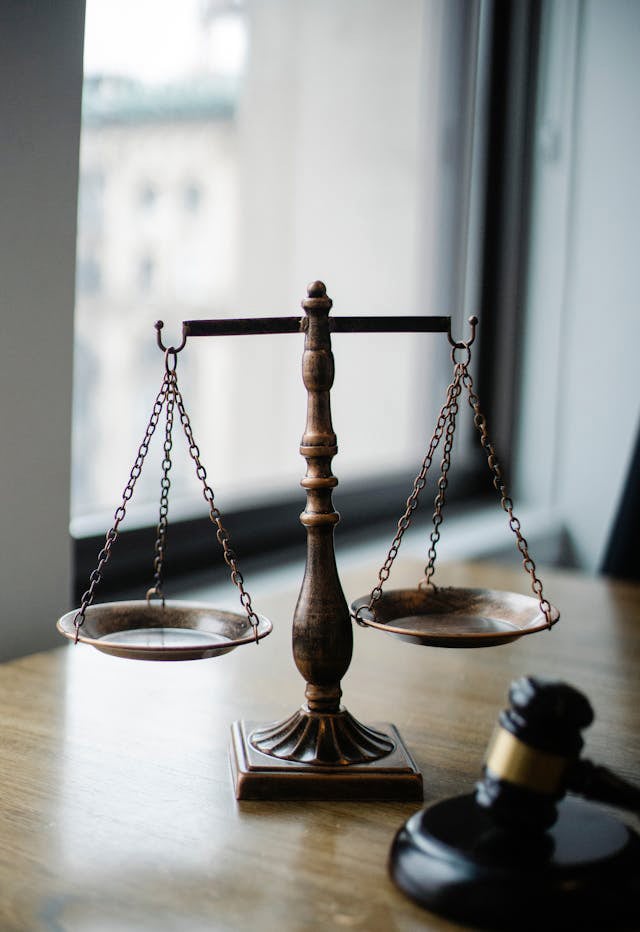In a world that thrives on specialization and expertise, finding the perfect lawyer can feel like an insurmountable challenge. Whether you’re dealing with a personal injury case, navigating complex business transactions, or handling family matters, the right legal representation is crucial. This blog post dives into why finding the perfect lawyer is so difficult and offers practical advice to help you make an informed decision.
Understanding Your Specific Legal Needs
Understanding your specific legal needs is the first step in finding the perfect lawyer. Different legal issues require different types of expertise. For example, a divorce case requires a family law specialist, whereas a financial dispute might need someone experienced in corporate law, as these lawyers Calgary explain. Knowing what kind of lawyer you need sets the foundation for a successful search. Misidentifying your needs can lead to hiring someone who may not be well-versed in the area of law that pertains to your case.
Consulting various sources can help clarify your needs. Friends, family, and professional networks can provide referrals and recommendations. Additionally, legal directories offer detailed profiles of various attorneys, helping you identify those who specialize in your required field. Taking the time to understand your specific legal needs can save you from potential pitfalls down the line.
It’s also important to recognize that some cases may require a multidisciplinary approach. For example, a business undergoing a merger might need a lawyer skilled in both corporate law and intellectual property. Understanding these nuances can significantly streamline your search process.
The Importance of Experience and Track Record
When it comes to legal matters, experience and track record are invaluable. A lawyer’s past performance can offer insights into their capabilities and reliability. Experienced lawyers are likely to have faced and overcome numerous challenges, making them more adept at handling your case efficiently and effectively.
Researching a lawyer’s background can provide critical information. Look for reviews, testimonials, and any available records of past cases. Many legal directories and bar association websites offer peer reviews and ratings that can help you gauge a lawyer’s experience. Remember, a strong track record often correlates with a higher success rate in court or settlements.
However, experience should not be the sole criterion for your decision. The nature of their past cases and their outcomes can also provide valuable insights. If possible, try to find lawyers who have dealt with cases similar to yours. Their familiarity with the specific legal issues you are facing can be a significant advantage.
The Role of Initial Consultations
Initial consultations play a crucial role in finding the right lawyer. These meetings give you the opportunity to discuss your case, ask questions, and evaluate the lawyer’s expertise and demeanor. A good initial consultation should leave you feeling more confident about your legal needs and the lawyer’s ability to meet them.
During the consultation, focus on asking relevant questions. Inquire about their experience, approach to similar cases, and success rates. Observe their communication skills and how they make you feel. Comfort and trust are essential components of a successful attorney-client relationship. If you feel uneasy or rushed during the consultation, it may be a sign to look elsewhere.
It’s also a good idea to discuss financial aspects during the initial consultation. Understanding their fee structure, billing practices, and any additional costs can help you avoid unpleasant surprises later. Some lawyers offer free initial consultations, while others may charge a nominal fee. Knowing this upfront can help you manage your budget more effectively.
Evaluating Communication Skills
Effective communication is a key factor in any successful legal relationship. A lawyer who communicates clearly and promptly can make a significant difference in the outcome of your case. Poor communication can lead to misunderstandings, missed deadlines, and increased stress.
Assessing a lawyer’s communication skills starts with the initial consultation. Pay attention to how they explain legal concepts and their willingness to answer your questions. Do they make you feel heard and understood? Are they responsive to your inquiries? These factors can provide valuable insights into their communication style.
Regular updates on your case are another essential aspect of effective communication. A good lawyer will keep you informed about the progress of your case, any new developments, and potential next steps. This transparency helps build trust and ensures you are always in the loop.
The Impact of a Lawyer’s Reputation
A lawyer’s reputation can significantly influence the outcome of your case. Lawyers with strong reputations often have established relationships within the legal community, which can be advantageous during negotiations or court proceedings. Their credibility can also impact how judges and opposing counsel perceive your case.
Researching a lawyer’s reputation involves looking beyond online reviews. Consider their standing within professional organizations, any awards or recognitions they have received, and their involvement in legal advocacy or community service. These factors can provide a broader perspective on their professional integrity and commitment.
It’s also worth noting that a lawyer’s reputation is often built on their track record of success. Consistently positive outcomes in similar cases can be a strong indicator of their capability and reliability.
Finding the perfect lawyer is undoubtedly challenging, but with the right approach, you can make an informed decision that meets your needs. By understanding your specific legal requirements, evaluating experience and communication skills, and leveraging professional networks, you can navigate the complexities of the legal field with confidence. Remember, the right lawyer can make a significant difference in the outcome of your case. Take the time to find a trustworthy and compatible partner who will advocate for your best interests. If you’re ready to take the next step, consider reaching out to a legal professional today for a consultation.






